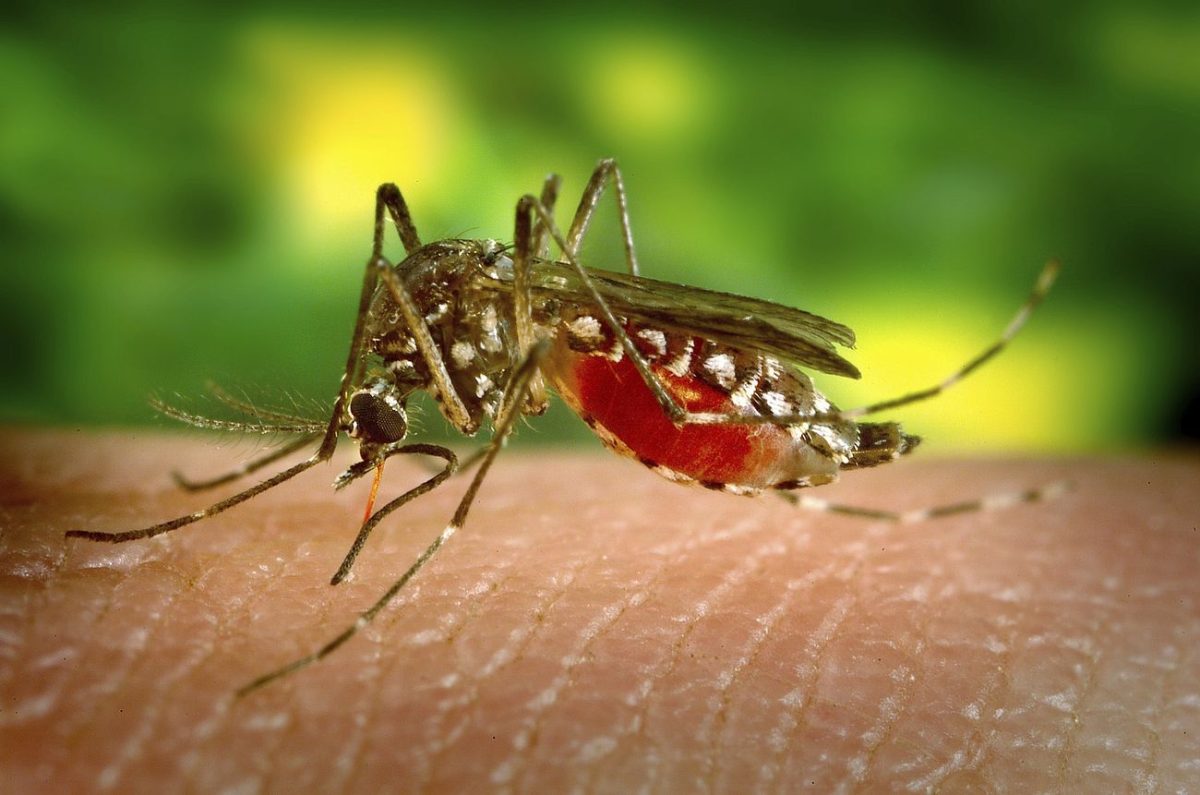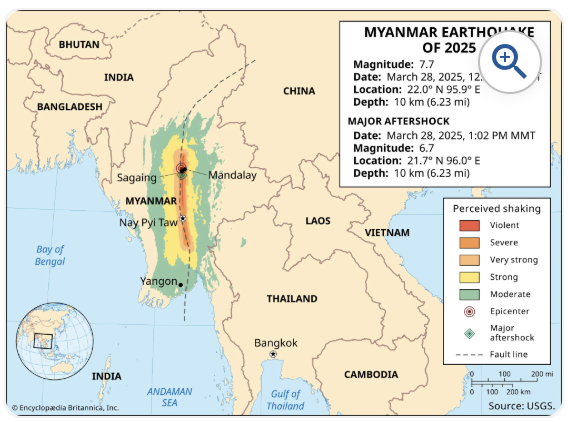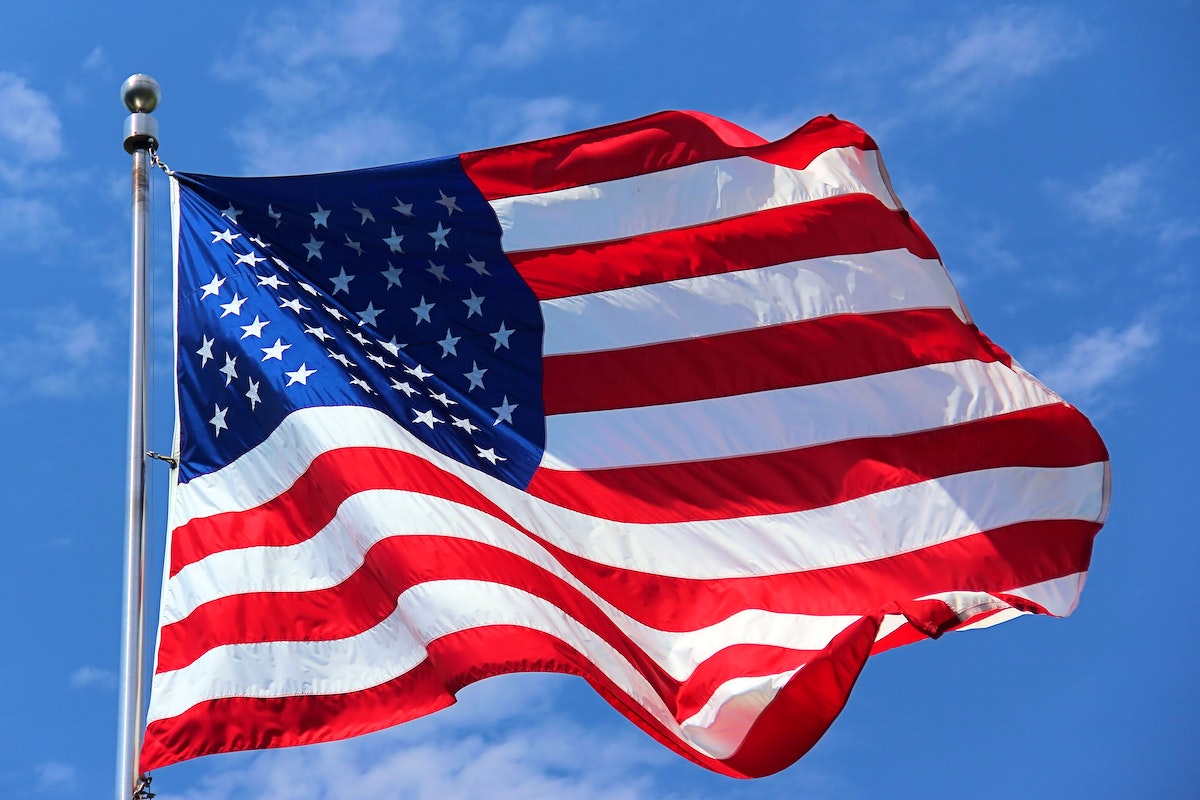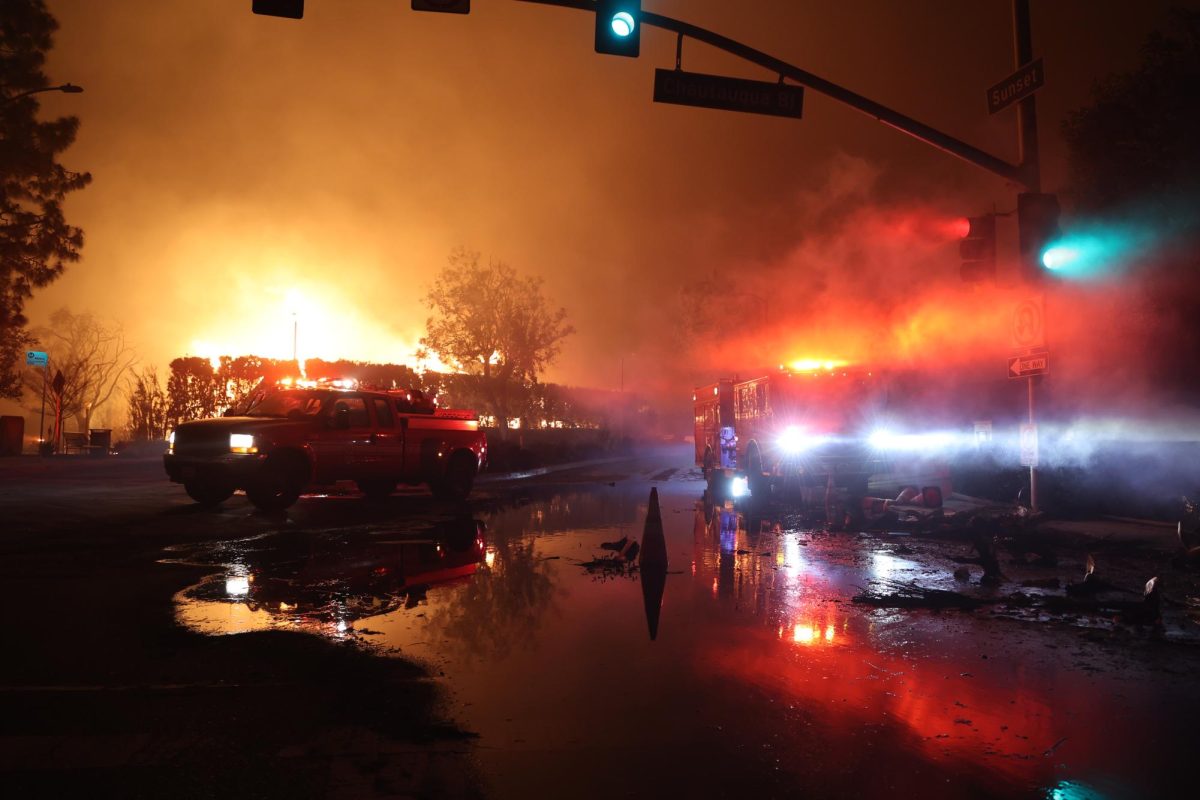Since the start of the year, two New Jersey residents have died from a West Nile-infected mosquito bite. According to the Department of Health, an additional six were severely infected, and of those, five were hospitalized. West Nile Virus (WNV) is a disease commonly spread through mosquitoes that can cause fevers, encephalitis (inflammation of brain tissue), and neurological defects resulting in death.
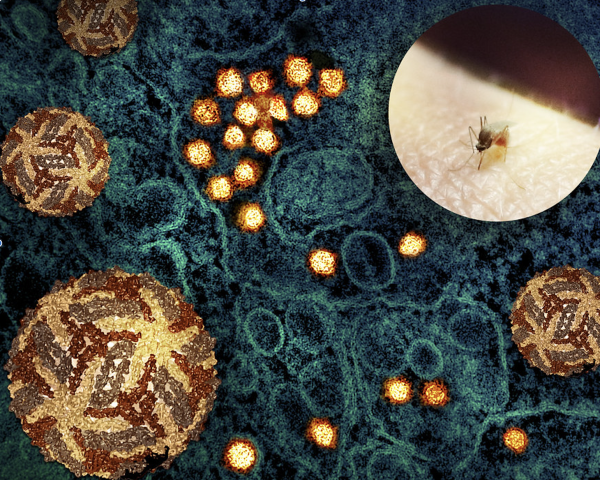
Up until 1999, the disease, originating in Africa, had not reached the United States. However, by the end of this year, all forty-eight contiguous states have documented at least one case. While NJ’s death toll has increased, the widespread magnitude of the infected mosquitos in the state is even more concerning. According to the NJ Department of Health, two hundred eighty-six pooled mosquito groups have tested positive for the virus, and 20 out of the 21 counties have identified at least one.
As of now, there is no cure for West Nile Virus. While clinical trials are being undergone for vaccines, no such vaccine has been deemed safe for use in humans. Fortunately, only 1% of West Nile infections result in serious complications. However, patients over seventy-five are at a higher risk, particularly for developing encephalitis from the virus, which yields a death rate of 3% to 15%.
In addition to the lack of vaccine and limited treatment, WNV is extremely hard to track. The majority of infected patients do not show any symptoms, and the mosquitos themselves require extensive surveillance to follow their population in the billions. A single mosquito can travel up to 3 miles in one day. As of 2012, many state health departments have halted this exhaustive surveillance due to budget cuts.
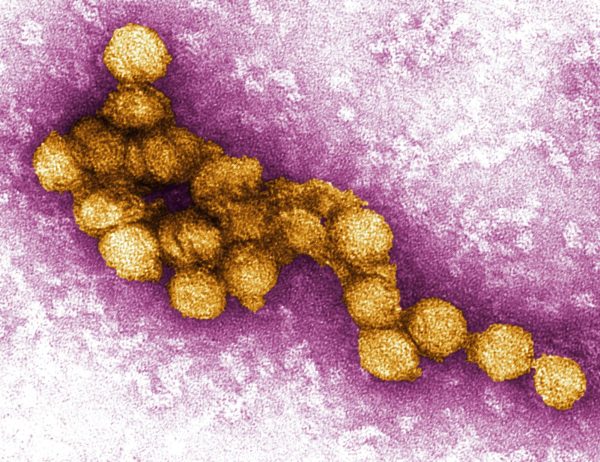
An unlikely aid in WNV tracking can be found with the growing number of bird deaths. Birds—typically bluejays or crows—are susceptible to the virus from both mosquito bites or consuming the insects as food. When the first U.S strand of the virus reached New York City in 1999, a significant increase in bird deaths was documented around the northwest area. Various states collect dead birds to analyze large mortality trends related to arboviruses. New Jersey may be headed for this system next.
While WNV cases in the U.S have spiked during the 21st century, the general concentration of infected mosquitos is still limited to Afro-Eurasia. However, to be careful, the NJ Health Commissioner recommends that all residents wear bug repellent when they go outdoors and wear protective gear. Mosquito season generally peaks in the summer months, but with cases emerging in late September, more fall cases could be on the way.


